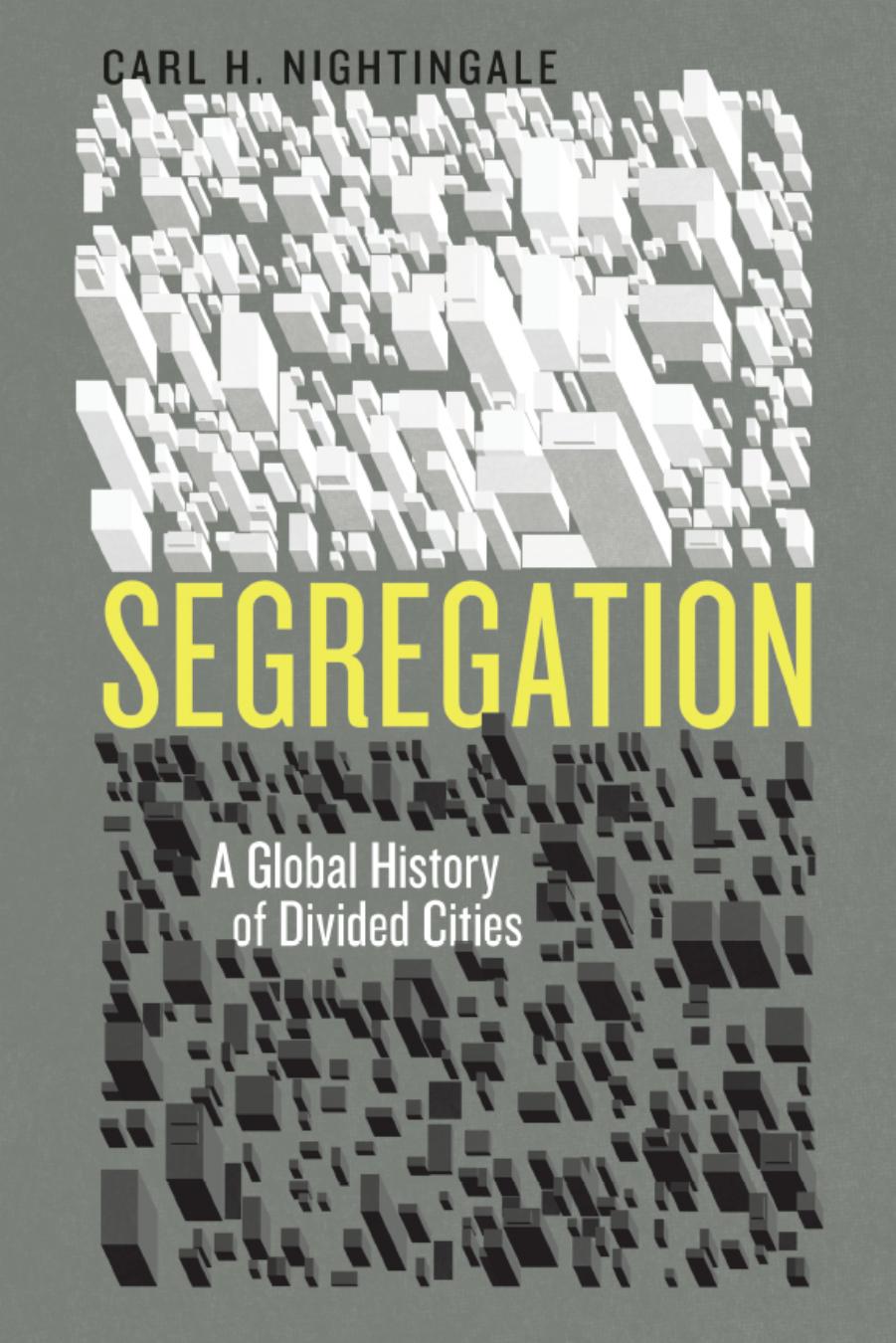Segregation: A Global History of Divided Cities by Carl H. Nightingale

Author:Carl H. Nightingale
Language: eng
Format: epub, pdf
Publisher: University of Chicago Press
Published: 2012-02-14T16:00:00+00:00
Pandoraâs Segregationism
White peopleâs race wars in Johannesburgâs streets and in the real estate market created tremendous pressures for segregationist action in governments. But the pressures alone did not dictate exactly what kind of action those governments should take. As furious disagreements broke out among white voters, policymaking lost the focus it had under direct imperial rule. The countryâs new governments, for their part, only inconsistently developed the bureaucratic machinery they needed to follow up upon Milner-era precedents during the 1910s. The result was a decade and a half of shifting experiments with urban racial zoning. The ongoing hubris of white racism was not matched by bold action until 1923.
At the provincial and national levels, the politics of urban segregation embroiled itself in conflicts over South Africaâs relationship to the British Empire and also pitted the cities, largely English speaking, against the countryside, where most of the larger Afrikaans-speaking population lived. These conflicts took surprising turns. When the Afrikaner majority took power, first in the Legislative Assembly of the Transvaal Republic, then in Parliament of the Union of South Africa, it actually slowed progress toward comprehensive racial zoning of cities on the national level for over fifteen years. In 1908, the British settler, surveyor, and homespun racial theorist William Kidger Tucker, now a member of the Rand delegation in the Transvaal Assembly, urged colonel secretary Jan Smuts, the former Boer War general, to include a clause in a freehold transfer bill allowing cities âto lay out lots or stands for exclusive occupation of natives, colored persons or Asiatics.â This represented another early stab at formalizing a principle later enshrined in the Group Areas Act, but under the Transvaal Constitution, inclusion of racial âdisabilitiesâ in legislation meant that the House of Commons in London, now dominated by liberals, would have to review the bill. Smuts, prime minister Louis Botha, and a united Afrikaner majority voted Tucker down to assure passage of the billâs freehold provisions.34
After 1910, the constitution of the South African Union no longer required that racist laws receive Parliamentary assent in London. But the Afrikanersâ first priority was to resolve their own internal debates about how to keep black laborers on white farms while segregating the countryside by race. They saw the Native Lands Act, which established a nationwide system of rural reserves in 1913, as more pressing than urban segregation, and Louis Botha, now Union prime minister, shelved a draft of an urban bill during those debates. In 1918, Parliament postponed yet another urban racial zoning bill, once again to make way for revisions to the rural reserve system. Soon after, three separate commissions and one select committee of the Union Parliament got to work drafting urban legislation, but their conclusions opposed each other, guaranteeing further delay.35
Without grants of power or resources from above, municipalities like Johannesburg had limited options. And it was the city councils that bore the brunt of the escalating local conflicts. One of the most contentious issues in Johannesburg was where to locate municipally owned residential facilities for black people.
Download
Segregation: A Global History of Divided Cities by Carl H. Nightingale.pdf
This site does not store any files on its server. We only index and link to content provided by other sites. Please contact the content providers to delete copyright contents if any and email us, we'll remove relevant links or contents immediately.
Nudge - Improving Decisions about Health, Wealth, and Happiness by Thaler Sunstein(7690)
The Fire Next Time by James Baldwin(5431)
iGen by Jean M. Twenge(5408)
Adulting by Kelly Williams Brown(4565)
The Sports Rules Book by Human Kinetics(4379)
The Hacking of the American Mind by Robert H. Lustig(4375)
The Ethical Slut by Janet W. Hardy(4242)
Captivate by Vanessa Van Edwards(3838)
Mummy Knew by Lisa James(3686)
In a Sunburned Country by Bill Bryson(3536)
The Worm at the Core by Sheldon Solomon(3485)
Ants Among Elephants by Sujatha Gidla(3460)
The 48 laws of power by Robert Greene & Joost Elffers(3240)
Suicide: A Study in Sociology by Emile Durkheim(3017)
The Slow Fix: Solve Problems, Work Smarter, and Live Better In a World Addicted to Speed by Carl Honore(3006)
The Tipping Point by Malcolm Gladwell(2911)
Humans of New York by Brandon Stanton(2866)
Handbook of Forensic Sociology and Psychology by Stephen J. Morewitz & Mark L. Goldstein(2692)
The Happy Hooker by Xaviera Hollander(2686)
